HALLOWELL — Police Chief Eric Nason told the City Council recently that while people use and abuse drugs in the city, he doesn’t see evidence that illegal drugs are being sold.
Nason and his department delivered their findings to the City Council earlier this month. Hallowell had one death caused by an accidental prescription drug overdose and two additional accidental drug overdoses, one of which was caused by heroin, in 2015, according to the report obtained by the Kennebec Journal.
The report also said that there was one instance of prescription drug possession and use at Hall-Dale High School, two reported thefts of prescription drugs and several arrests for possession of drug paraphernalia. Nason also noted that the implementation of a new computer system made comparing 2015 to previous years difficult.
“My belief is that Hallowell as a city is not experiencing the drug epidemic that surrounding cities and towns are,” Nason said in the report. “The abuse of illegal and prescription drugs is evident, but the sale of these drugs is not.”
Last week, Gov. Paul LePage signed a $3.7 million bill that includes funding for 10 new Maine Drug Enforcement Agency investigators and the operation of a new drug detoxification center in northern or eastern Maine. State data shows that there were 174 overdose deaths in Maine through September, putting Maine on track to surpass the 208 overdose deaths recorded in 2014. There were 71 heroin overdose deaths through the first nine months of last year compared to 57 in all of 2014.
In Hallowell, Nason’s report was met with skepticism from longtime councilor Alan Stearns and newly elected councilor Diano Circo.
Stearns said via email that Hallowell lives — including high school students — are being “shredded” regardless of the location of the drug sale and regardless of who in a family has an addiction.
“The first step toward a solution is to admit that we’re a town with a drug problem, just like the towns around us,” Stearns said.
Circo, who replaced Mark Sullivan in representing Ward 4, said it would be naive to think that drugs aren’t being sold in the community.
“I wouldn’t be surprised if there is more happening than what we see in the reports,” Circo said. “It would be hard to believe that we are just a bubble.”
Stearns hopes Nason and Regional School Unit 2 Superintendent Bill Zima make recommendations for more regional cooperation and prevention tools. He said he had conversations with Zima’s predecessor, Virgel Hammonds, about re-establishing a drug education program.
Zima told the council in his introductory meeting late last year that he had not seen evidence of a drug problem in Hall-Dale schools, and two months later, that still is the case.
“I don’t know what it has been like in the past with this district, but I can tell you that nothing has come across my desk,” Zima said. “To be honest with you, (a drug education program) is not on my radar, but I’m not opposed to having any conversation about something that would help our students.”
Zima, who before moving to Maine taught at a high school in Orlando, Florida, said he has seen how drug addiction can hurt students’ lives and he assumes that there are some RSU 2 students who have family members struggling with addiction.
“We take it very seriously and don’t want it for our children or any citizen,” he said.
WHY NOT HALLOWELL?
Elected officials and city leaders have their theories as to why there doesn’t appear to be major drug trafficking in the city. Some have speculated that not having an exit on the interstate is a protection, because drug dealers exit I-95 in either Gardiner or Augusta, bypassing Hallowell. Others think it’s because the community is small — although Hallowell is a city with about 2,300 people living in it — and residents are close to each other.
“It’s one of the beauties of living in a small city like Hallowell,” Councilor Phillip Lindley said. “Everybody in the neighborhood knows everybody else.”
That sentiment was echoed by City Manager Stefan Pakulski and Nason, who said that because Hallowell is such a tight-knit community, it would be difficult to get away with selling drugs.
“There is something to be said about the way this community is structured that helps it be more resistant to that,” Pakulski said. “People might be pleasantly surprised to see that it doesn’t look like the rampant epidemic like in some other areas.”
Nason said his department is always getting feedback from businesses and residents and that people are “really good about letting us know about what’s happening on their street or in their neighborhoods.
“Dealing crack in front of the Liberal Cup is not a good idea,” Nason said. “You’re going to stick out.”
CONTINUED VIGILANCE
The Hallowell Police Department has had some turnover leading to the hiring of several new officers over the last year, and new officer training is the main key to being prepared for and fighting the drug epidemic, Nason said.
Nason hopes to have all police department employees receive free online training about heroin and drug overdoses by the end of this month. He said other avenues for more specific training are also being sought.
Councilor Kate Dufour applauded the work of the police department as a big reason why drugs don’t seem to be as big a problem in Hallowell as in other neighboring cities and towns.
“Our officers make a point of getting out there and talking to people, and that may deter activity,” Dufour said. “I think that might be helping to keep drugs out of our community.”
Pakulski wonders what makes Hallowell different than other communities and if drugs aren’t prevalent because of socio-economic reasons or educational issues.
“Drug abuse knows no borders, but there are obvious correlations if you look at where the drug activity is happening,” he said.
Rep. Charlotte Warren, D-Hallowell, said the bill signed by the governor last week is a down payment on the statewide issue. Warren, a former Hallowell mayor, is on the Legislature’s Criminal Justice and Public Safety Committee and said she listened to hours of testimony from parents, first responders and others about the drug problem.
“There is so much tragedy going around,” Warren said. “This is not about people getting high. This is about addiction, and it is a public health issue.”
Circo and others agree that continued discussion about opioids and heroin specifically is a way to get a better handle on the problem.
“We need to stay proactive to do our best when things come up,” he said. “The more we talk about it, the better we can start to grapple and deal with it.”
Joanne Joy, executive director of the non-profit Healthy Communities of the Capital Area coalition, said all communities need to stay vigilant and “if they see something, say something.”
“With prevention, we know that the more people talk to each other, prevention is increased,” Joy said.
Warren said Hallowell’s police force should be applauded for helping keep drugs off the streets in the close-knit community.
“It’s a tribute to (the department) and specifically Chief Nason,” Warren said. “We all want to say something special about Hallowell.”
Jason Pafundi — 621-5663
Twitter: @jasonpafundiKJ
Send questions/comments to the editors.


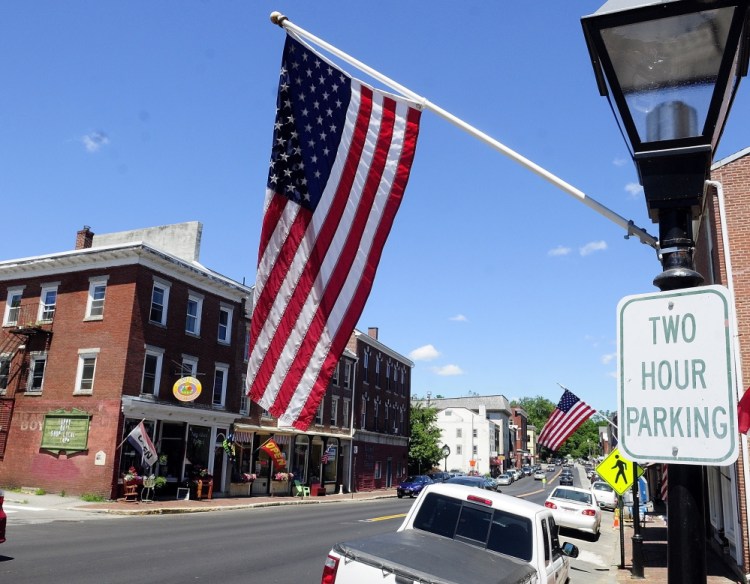
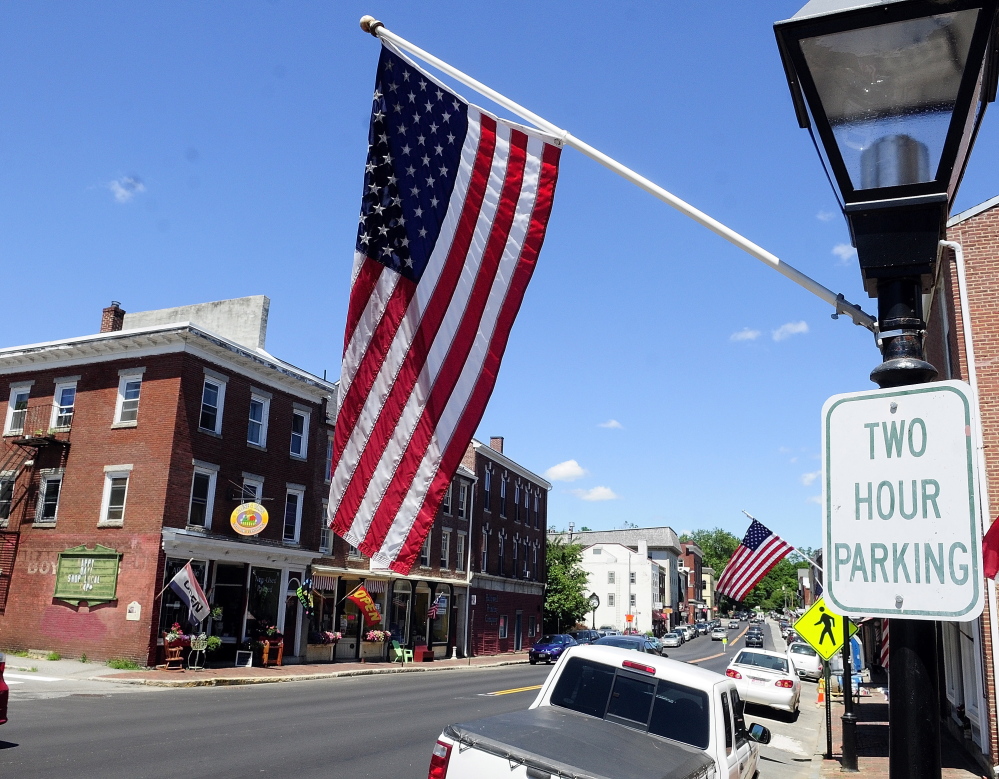
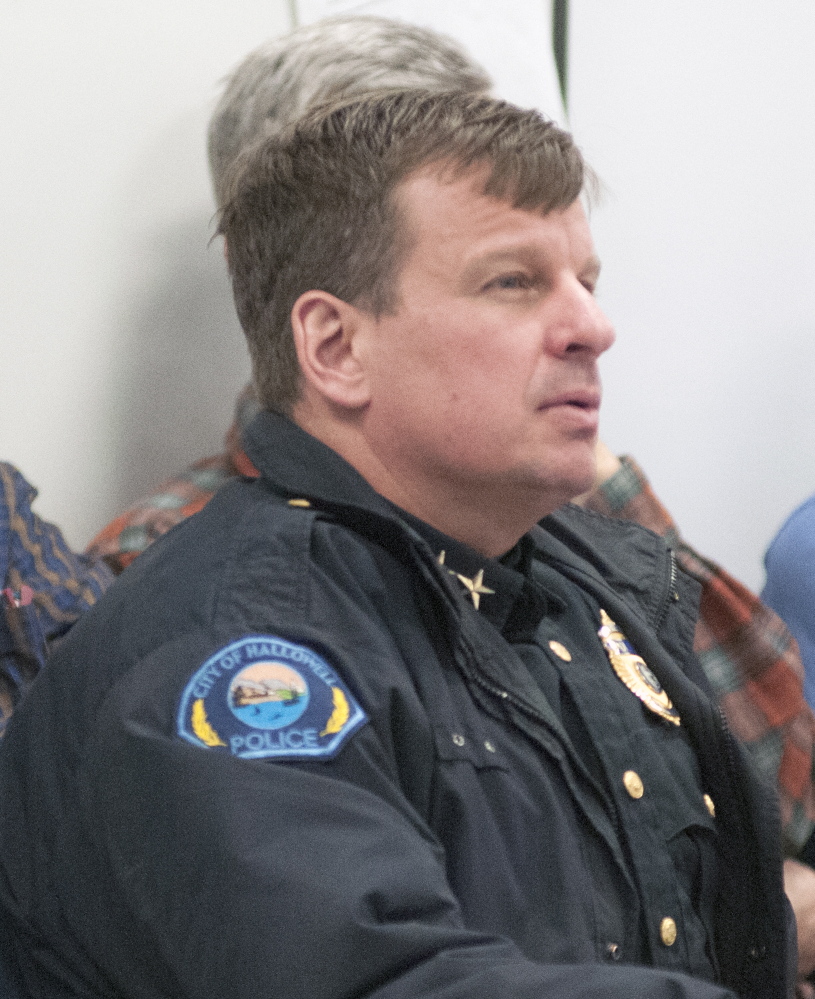
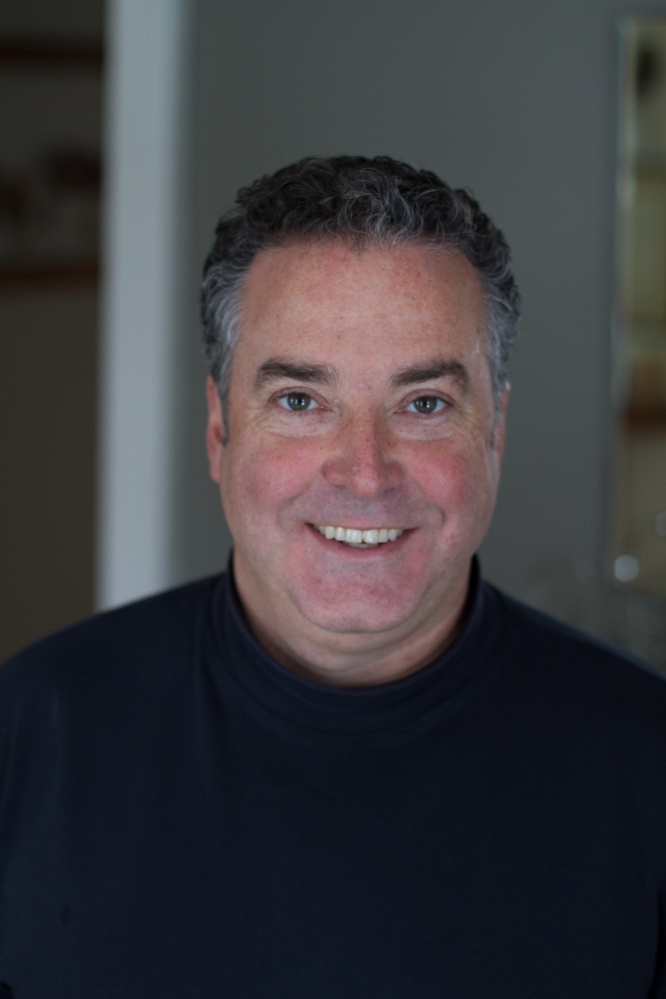
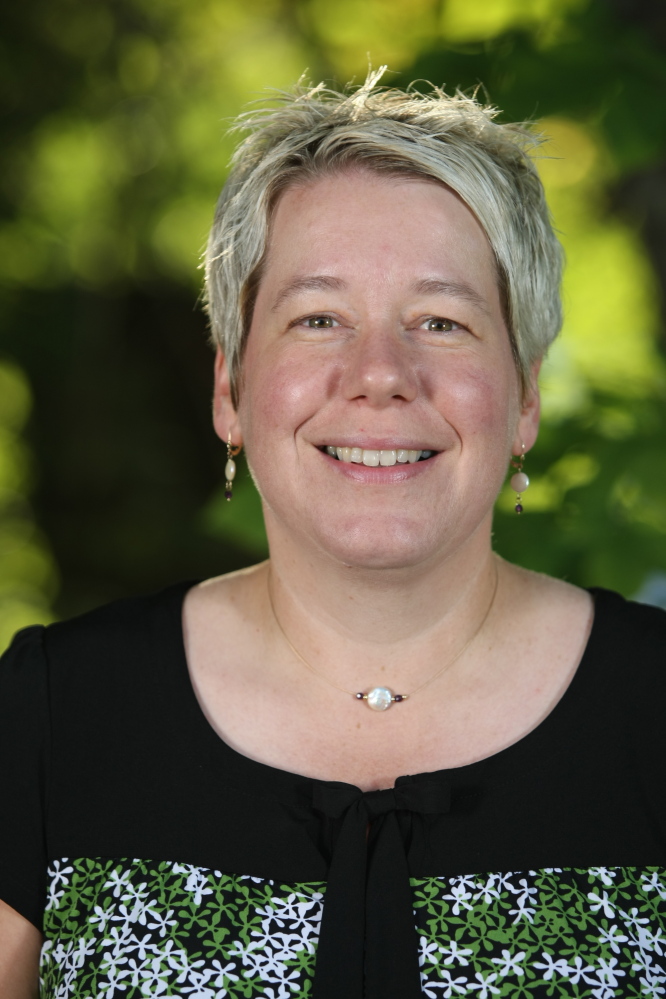

Success. Please wait for the page to reload. If the page does not reload within 5 seconds, please refresh the page.
Enter your email and password to access comments.
Hi, to comment on stories you must . This profile is in addition to your subscription and website login.
Already have a commenting profile? .
Invalid username/password.
Please check your email to confirm and complete your registration.
Only subscribers are eligible to post comments. Please subscribe or login first for digital access. Here’s why.
Use the form below to reset your password. When you've submitted your account email, we will send an email with a reset code.